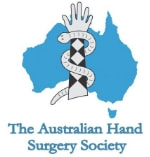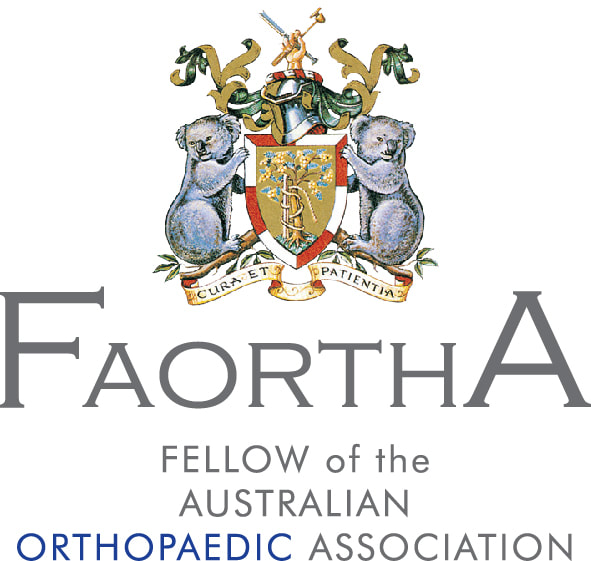- Home
- About Dr Sarah Coll
-
Patient Information
- Patient Handouts
- Seeing an Orthopaedic Surgeon and Having Surgery
- How to prepare for your appointment
- What Surgeries does Dr Coll Perform?
- Costs of Surgery
- Carpal Tunnel Surgery
- About Shoulder Pain
- Arthritis
- USEFUL LINKS
- Wound Care after Surgery
- What do I bring to my Appointment?
- History of Orthopaedic Medicine
- FAQs
- Audit
- Obesity and weight loss
- Contact Us
- Home
- About Dr Sarah Coll
-
Patient Information
- Patient Handouts
- Seeing an Orthopaedic Surgeon and Having Surgery
- How to prepare for your appointment
- What Surgeries does Dr Coll Perform?
- Costs of Surgery
- Carpal Tunnel Surgery
- About Shoulder Pain
- Arthritis
- USEFUL LINKS
- Wound Care after Surgery
- What do I bring to my Appointment?
- History of Orthopaedic Medicine
- FAQs
- Audit
- Obesity and weight loss
- Contact Us




